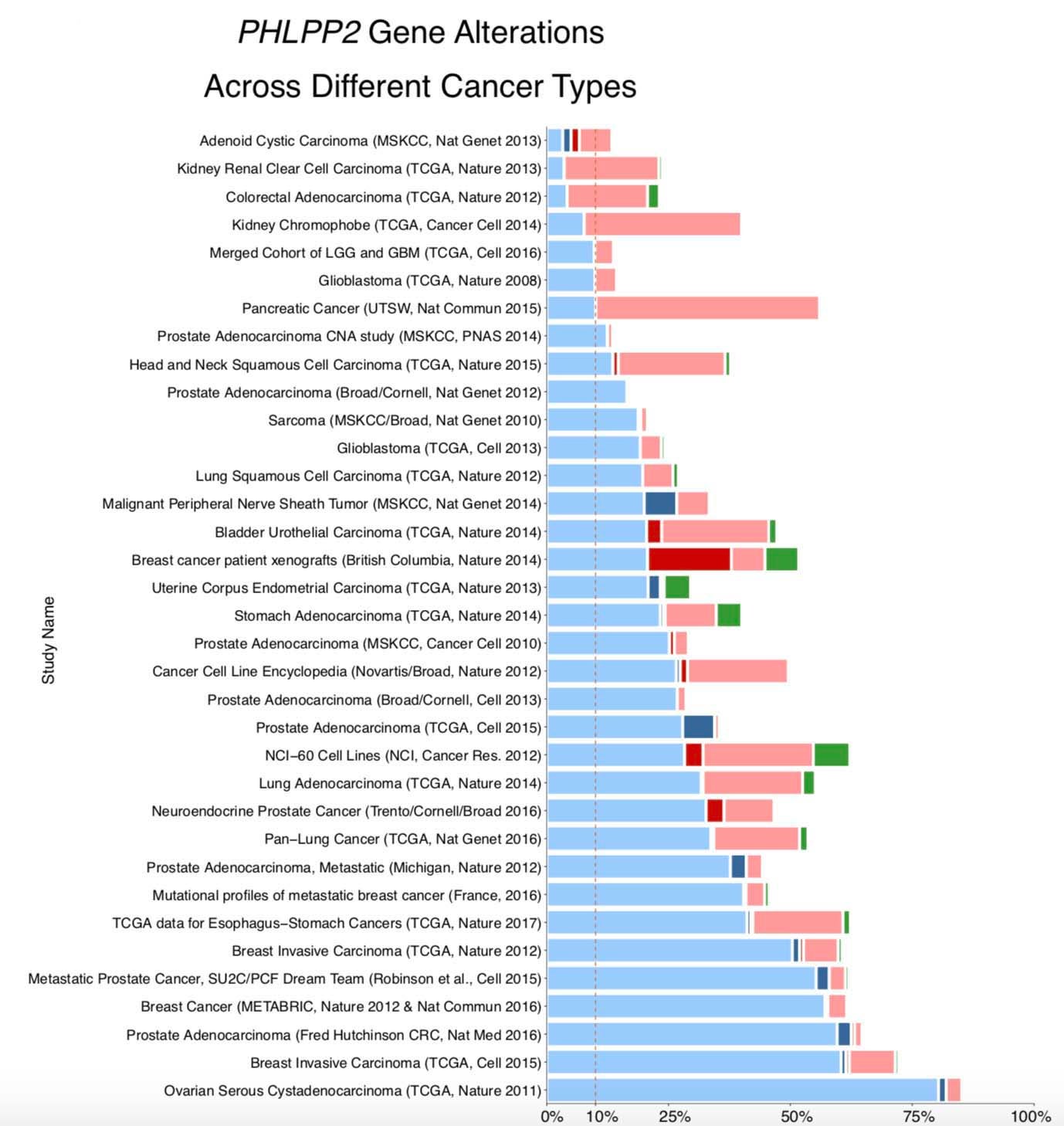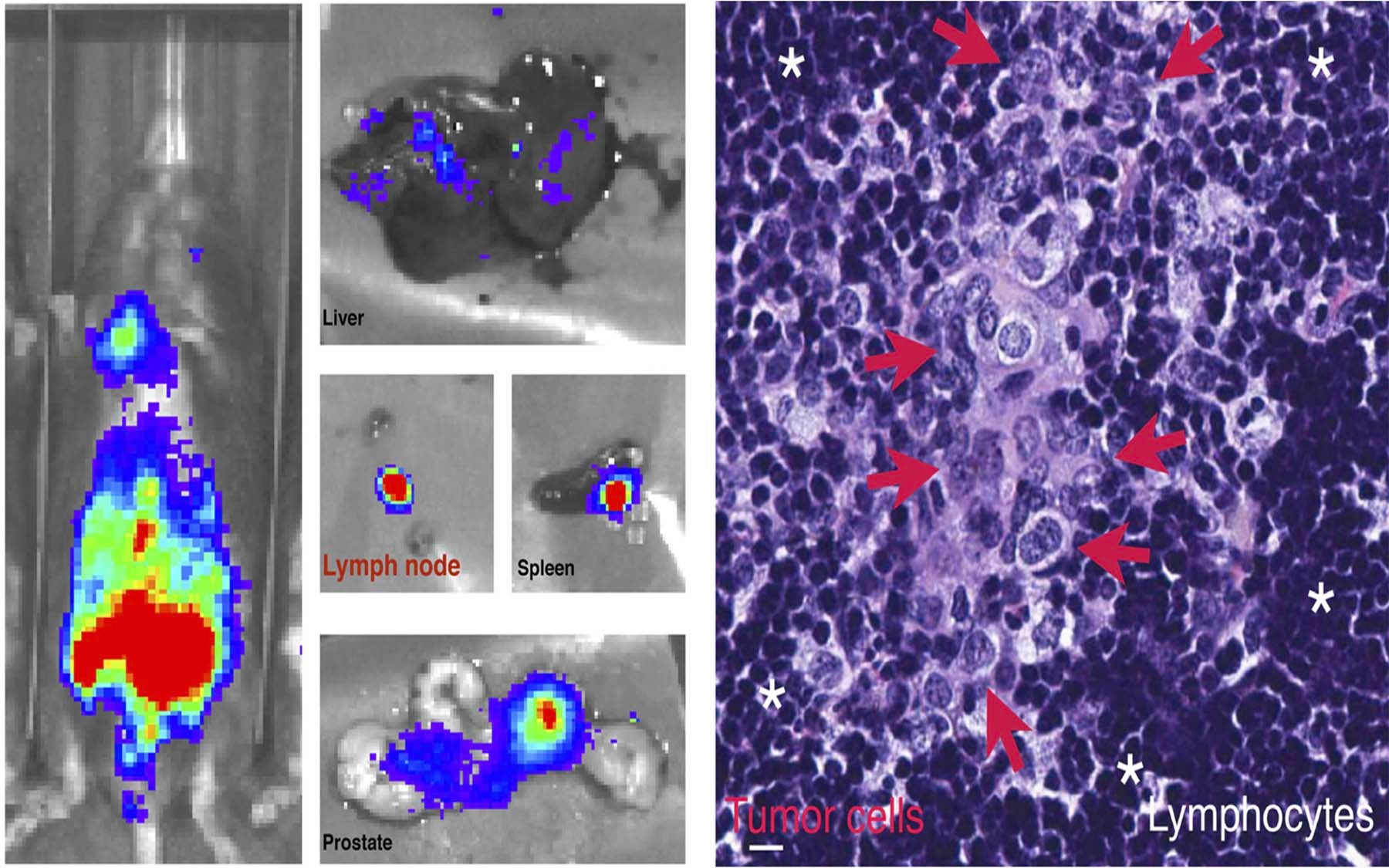Cold Spring Harbor, NY — An estimated 450,000 Americans are diagnosed each year with a cancer that’s driven by MYC, an oncogene that hijacks growth and metabolism in cancer cells. MYC has a storied past of being notoriously hard for researchers to directly disable. “Now, we have a new way of getting at this old foe in cancer research,” said Cold Spring Harbor Laboratory (CSHL) researcher Lloyd Trotman. And that’s with an enzyme called PHLPP2 which presents a back-door route to target the gene.

Dr. Lloyd Trotman and his lab have been focused on understanding and searching for a cure for prostate cancer, one of the most prevalent cancers among men. It’s the second leading cause of cancer death in American men. Prostate cancer can be confined to the organ, or the cancer cells can jailbreak the organ and metastasize to other parts of the body. Patients with cancers that have metastasized have a much lower rate of survival than if their cancer was contained in the organ. In a new study published in the Journal of Cell Biology, co-led by Dr. Trotman and Dr. Dawid Nowak, an assistant professor at Weill Cornell and a former postdoctoral fellow at the Trotman lab, researchers were able to halt the natural process of prostate cancer metastasis in mice by deleting the PHLPP2 enzyme.
PHLPP2 is the key to a signal pathway in the cell that controls cell growth and survival in response to extracellular communications and signal relays. It is required for prostate cancer progression to metastasis because it stabilizes and supports the MYC oncogene.
When the researchers completely blocked PHLPP2, they were able to stop prostate cancer growth and metastasis. Additionally, Trotman remarked that deleting this enzyme didn’t manifest signs of toxicity in mice or human cells. This makes PHLPP2 an attractive drug target for treating prostate cancer, with possible applications across other types of cancers as well.
Written by: Charlotte Hu, Content Developer/Communicator | publicaffairs@cshl.edu | 516-367-8455
Funding
This research was funded by the National Institutes of Health, the Department of Defense, the Pershing Square Sohn Cancer Research Alliance, the American Cancer Society, and Glen Cove Cares.
Citation
Nowak, D. et al “The PHLPP2 phosphatase is a druggable driver of prostate cancer metastasis” appears in the Journal of Cell Biology on May 15, 2019.
Principal Investigator

Lloyd Trotman
Professor
Cancer Center Deputy Director of Education
Ph.D., University of Zurich, 2001

One thought on “Enzyme PHLPP2 could be a viable drug target for treating prostate cancer”
Comments are closed.